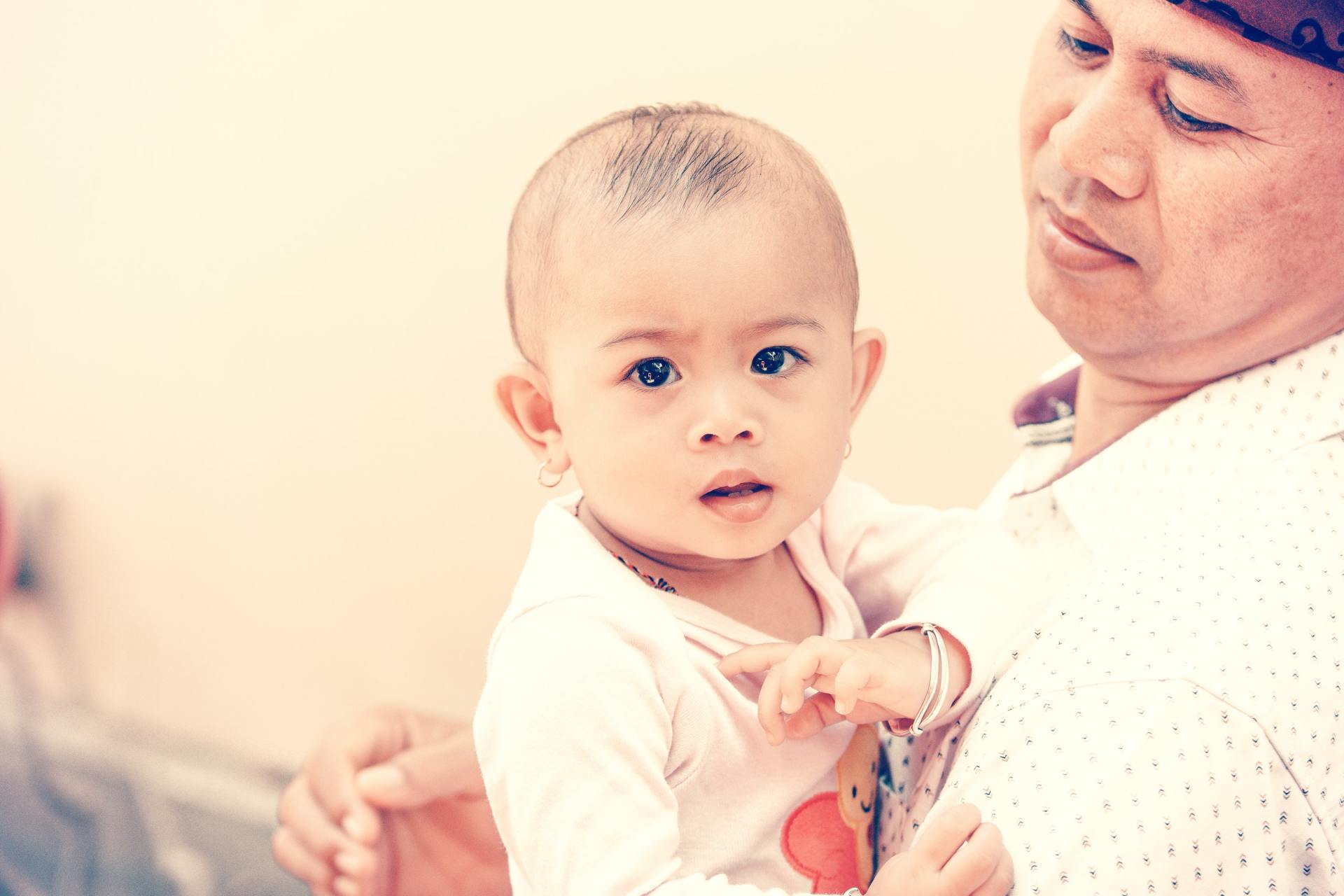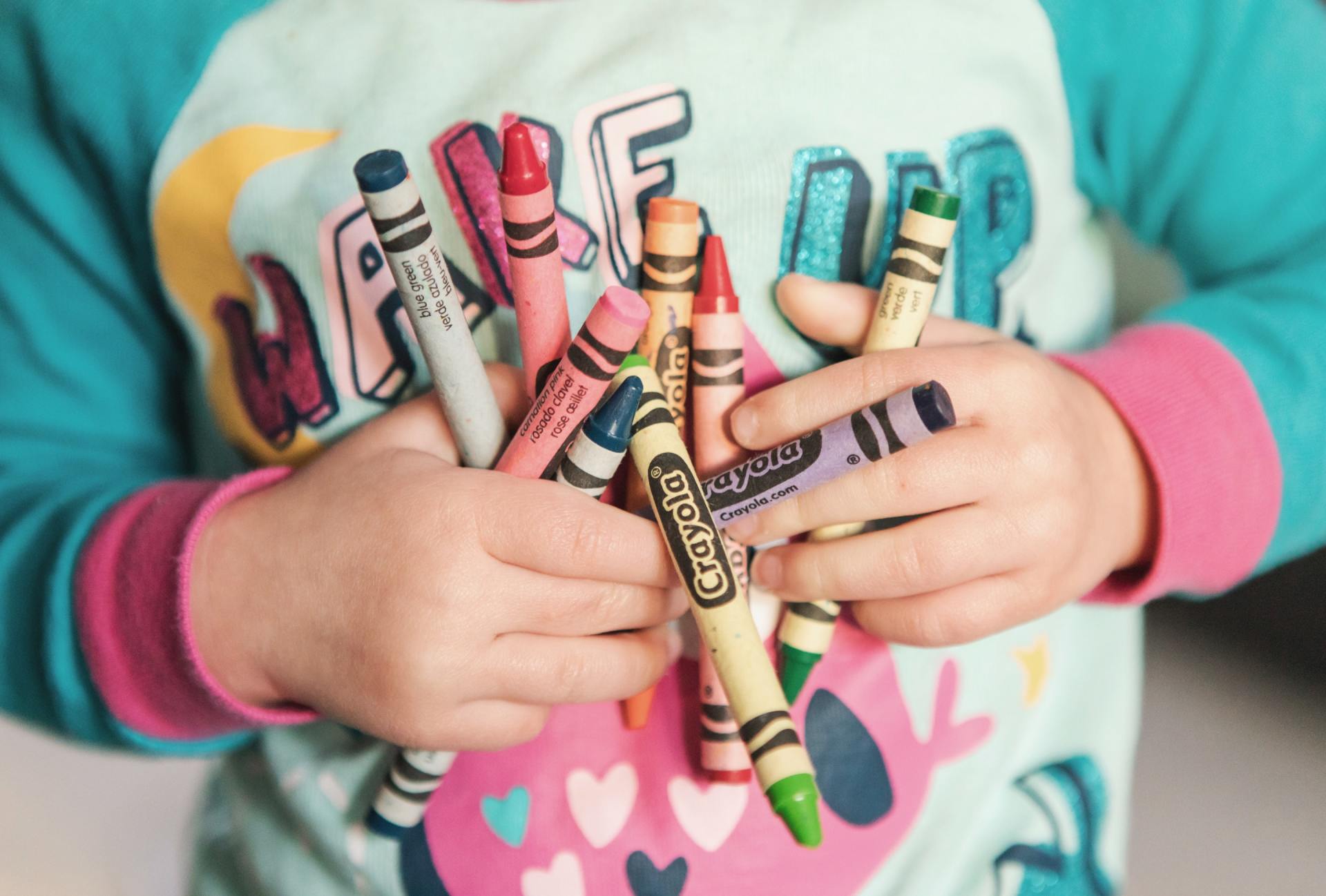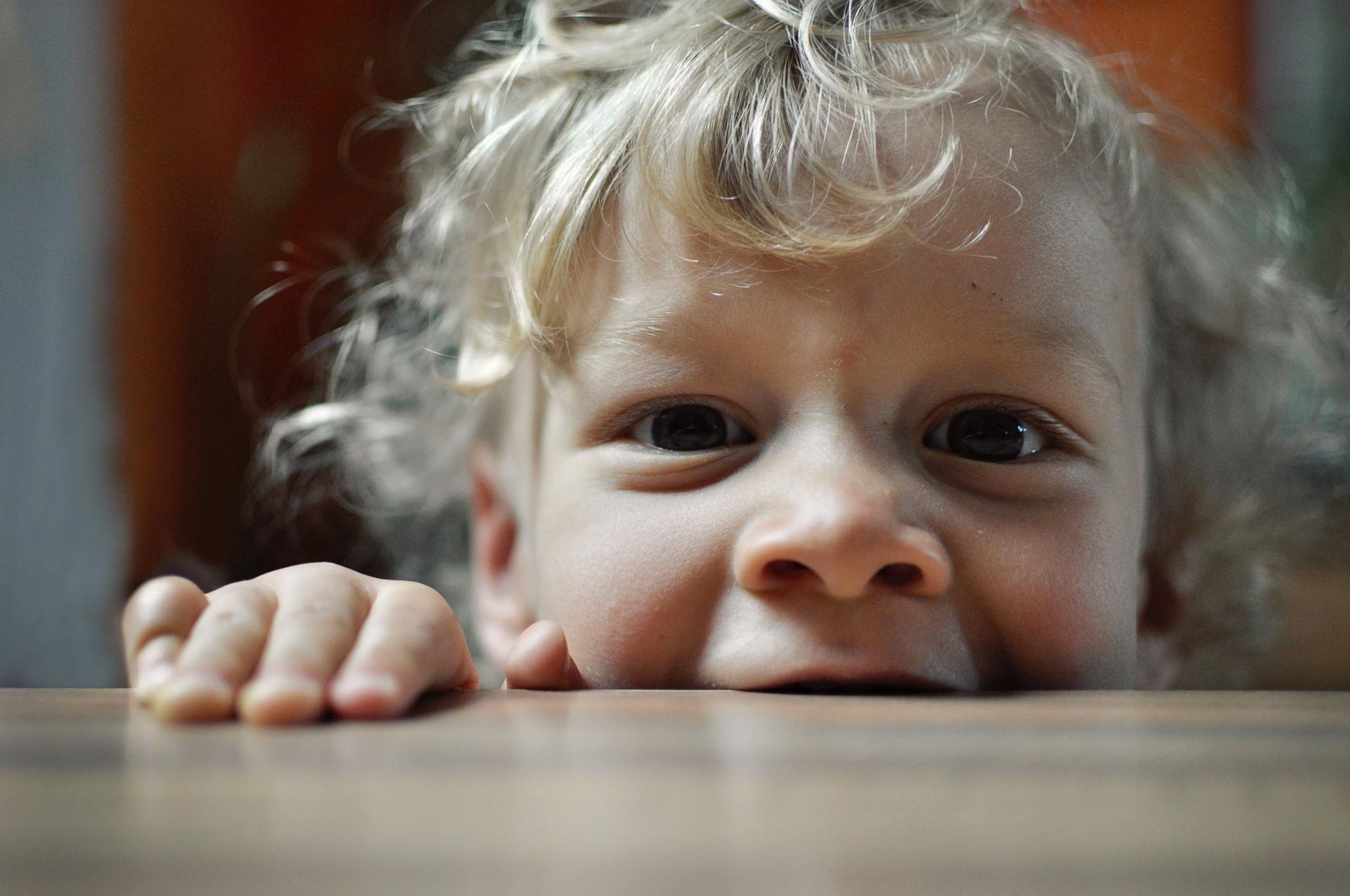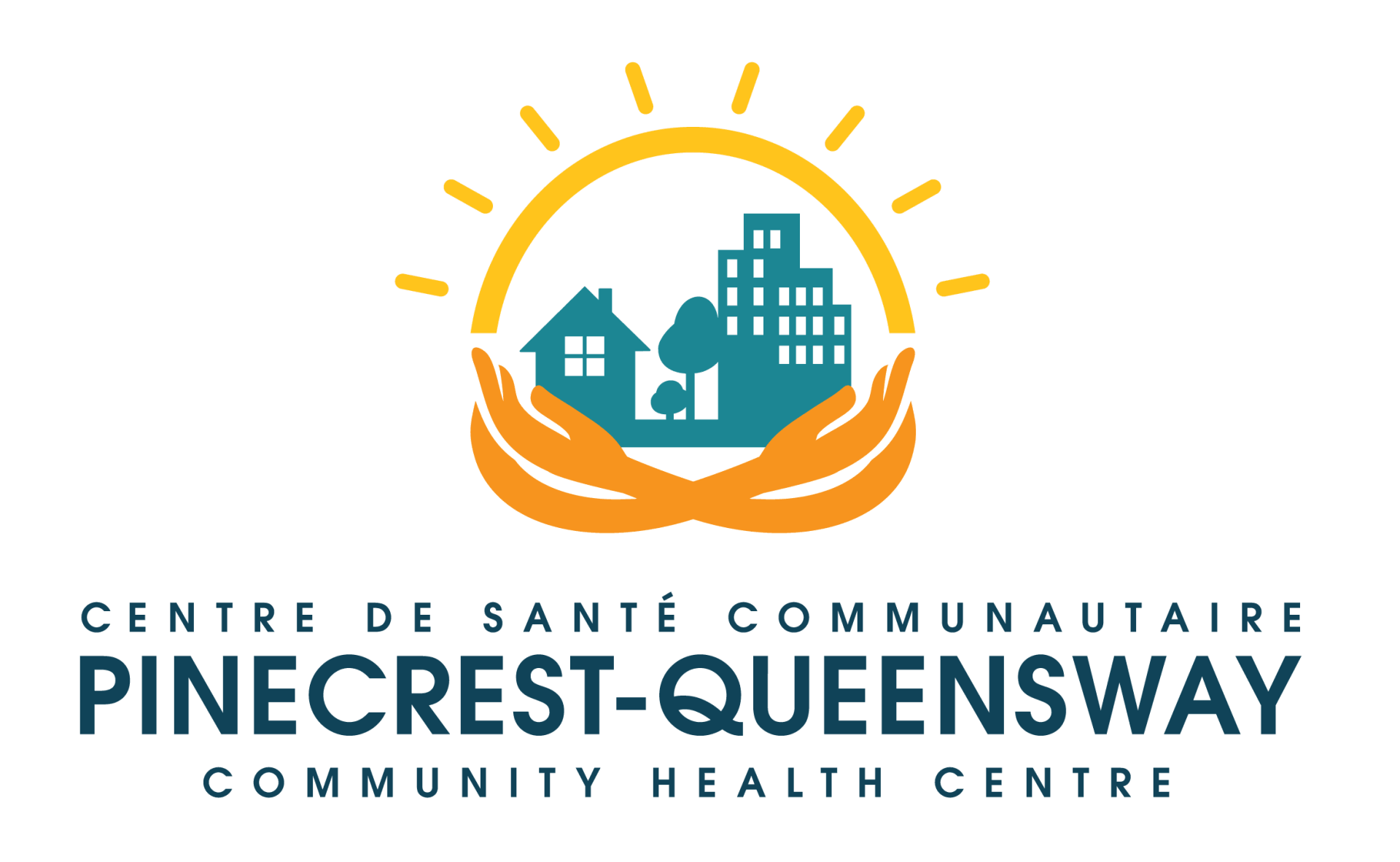Preparing Children To Learn At School
Speech-Language Pathologists : Sharon Fotheringham, Patricia Marek-Thornton, Brenda Oleszko • May 6, 2020
Talk With Your Child In Your First Language - A Primary Language Literacy Project
When children start school, they should be ready to learn. Parents can do many things to help their children get ready to learn.
Children do better at school if they learn first language skills at home. Strong first language skills make it easier for children to learn another language at school. Remember to speak to your children in your FIRST language.
Everything you do at home helps your children learn.
- Children need rest and healthy food.
- You can also take your children to activities like playgroups, nursery school and story time at the library.
Small children learn many skills that prepare them to take part in school activities.
| Children need to learn how to: | Examples |
|---|---|
| listen and follow directions | playing games, doing chores at home |
| do some things on their own | getting dressed, using the bathroom |
| get along with others | taking turns, sharing |
| make choices | choosing a book or a snack |
| follow safety rules | playing in a safe place, crossing the road |
Routines are activities that are done in the same order and in the same way almost every time. Routines help children understand what is expected of them.
For example, a bedtime routine may include activities like:
- having a bath
- putting on pajamas
- brushing teeth
- reading a story
- turning off the lights
Parents can help their children get ready to learn at school.
Children are better prepared for school if they have such things as enough rest, healthy food, good listening skills and good routines.
Remember to talk with your children in your FIRST language at home
so they can do their best at school.
Other topics in this series include:

Although young babies don’t understand the meaning of your words, they understand a lot by the way that you touch and hold them. They also learn from the expression on your face, the tone of your voice and the gestures that you make. Remember it is by talking to them that they learn words. Surround your baby with words when you feed, diaper and play with them.





